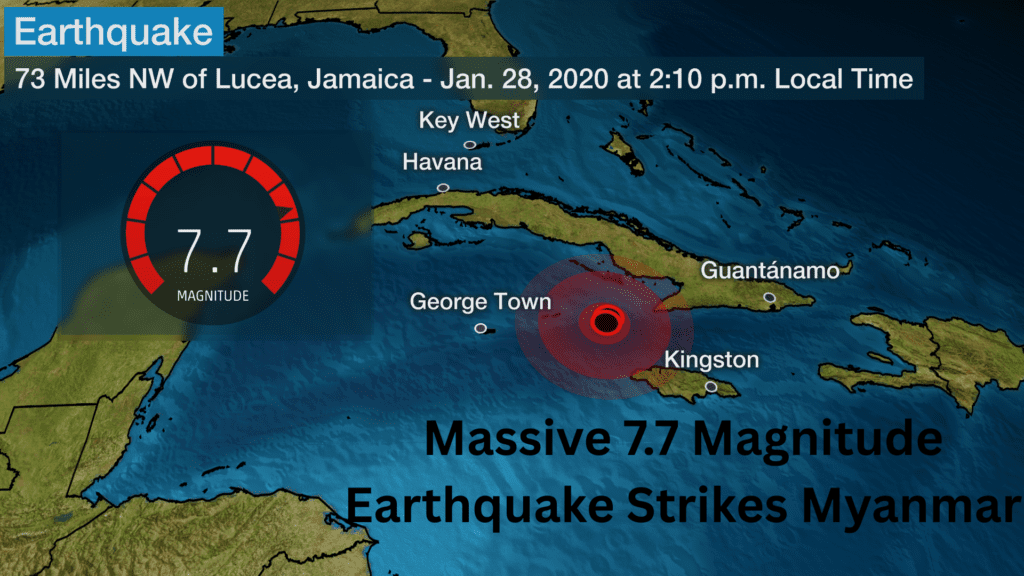Climate change is affecting the entire world, Climate Change in the UK. However, its impact is different in each country. In this post, we will explore how the climate is changing in three major countries: the United Kingdom (UK), the United States of America (USA), and Canada. We will also look at the causes, current impacts, and what the future may look like for each.
What is Climate Change?
Climate change means long-term changes in temperatures and weather patterns. Some of these changes happen naturally. But since the 1800s, human activities—especially burning fossil fuels like coal, oil, and gas—have been the main cause. These actions release greenhouse gases into the air, which trap heat and make the planet warmer.
Climate Change in the UK
Climate Change in the United Kingdom (UK)
Rising Temperatures
In the UK, temperatures have been rising steadily. The 10 hottest years on record in the UK have all occurred since 2002. In 2022, the UK experienced its hottest day ever—over 40°C (104°F). This was previously considered almost impossible.
Wetter Winters and Drier Summers
Rainfall patterns are also changing:
- Winters are becoming wetter, causing more frequent floods.
- Summers are getting drier, which can lead to droughts and water shortages.
Coastal Erosion and Rising Sea Levels
The UK is an island nation. Rising sea levels are a serious threat:
- Coastal areas are eroding faster.
- Towns and villages near the sea are at higher risk of flooding.
Impact on Nature
- Some animals, like the Atlantic puffin, are struggling as the seas warm.
- Flowers bloom earlier, which affects bees and insects.
Government Action
The UK was one of the first countries to set a net-zero emissions target by 2050. This means the country plans to balance the amount of carbon it releases with what it removes.
Climate Change in the UK, USA, and Canada
Climate Change in the United States (USA)
The USA is a large country with many different climates. From deserts to forests, the impacts of climate change are wide and varied.
Extreme Weather Events
The USA is experiencing:
- More heatwaves, especially in the western and southern states.
- More hurricanes in the Gulf of Mexico and Atlantic Coast.
- Longer wildfire seasons, especially in California and the Pacific Northwest.
In 2023 alone, the USA saw over 20 billion-dollar disasters, including hurricanes, floods, and wildfires.
Water Issues
- Droughts are becoming more common in the western USA.
- The Colorado River, which provides water to millions, is drying up.
- Lake Mead and Lake Powell are at historic low levels.
Melting Glaciers and Sea Level Rise
- Alaska is seeing some of the fastest rates of warming in the country.
- Coastal cities like Miami and New York are at risk from rising sea levels.
Agriculture and Food
- Changing temperatures and rainfall affect crops.
- Farmers need to adjust when and what they plant.
- Livestock also suffer from extreme heat.
Government Action
- The Inflation Reduction Act (2022) included major investments in clean energy.
- The USA has returned to the Paris Climate Agreement.
- Many states, like California and New York, are setting their own strong climate goals.
Climate Change in Canada
Canada is warming faster than many other parts of the world—twice as fast, according to government data.
Melting Ice and Permafrost
- The Arctic regions of Canada are seeing major changes.
- Permafrost, which is frozen ground, is melting. This releases methane, a powerful greenhouse gas.
- Glaciers are shrinking quickly.
Wildfires and Heatwaves
- Canada faced its worst wildfire season ever in 2023.
- Smoke from Canadian wildfires even reached the USA and Europe.
- Heatwaves are becoming more frequent and severe.
Impact on Wildlife
- Polar bears, caribou, and other northern animals are losing their habitat.
- Birds are changing their migration patterns.
- Fish species are moving to cooler waters, affecting fishing industries.
Indigenous Communities
Many Indigenous people in Canada live in remote, northern areas. Climate change affects:
- Their traditional hunting and fishing ways.
- Their transportation, since frozen rivers are no longer safe.
- Their culture and spiritual life, which is closely tied to the land.
Government Action
- Canada has committed to reaching net-zero emissions by 2050.
- It has placed a carbon tax to reduce fossil fuel use.
- More funding is being given to renewable energy projects like wind and solar.
Common Causes in All Three Countries
Though the UK, USA, and Canada are very different, they share some common causes of climate change:
- Fossil fuel burning (coal, oil, and gas).
- Deforestation, especially in rural and industrial areas.
- Transport emissions from cars, trucks, and airplanes.
- Industrial pollution from factories and manufacturing plants.
Common Challenges
- Public Awareness: Many people still don’t fully understand climate change or think it won’t affect them.
- Political Divides: Some leaders support action, others deny or delay it.
- Economic Costs: Going green can be expensive at first, even though it saves money in the long term.
- Global Coordination: No country can solve climate change alone. The world must work together.
The Way Forward
To fight climate change, all three countries are taking steps:
- Investing in clean energy like solar, wind, and hydro.
- Promoting electric vehicles and public transport.
- Building green buildings that use less energy.
- Encouraging recycling and reducing waste.
- Educating the public about how their actions affect the planet.
Citizens can also help:
- Use energy wisely.
- Drive less or carpool.
- Eat more plant-based foods.
- Support eco-friendly businesses.
- Vote for leaders who care about the climate.
Conclusion
The UK, USA, and Canada are facing serious climate challenges. While each country has its unique problems, they also share many similarities. The future depends on the choices we make today. If governments, businesses, and individuals work together, we can protect our planet for future generations.
Sources:
- UK Met Office
- US National Oceanic and Atmospheric Administration (NOAA)
- Environment and Climate Change Canada
- Intergovernmental Panel on Climate Change (IPCC)
Also Read: –
When Should You AC cleaning in summer?
Antimatter: The Most Expensive Substance in the World



https://t.me/s/Top_BestCasino/161